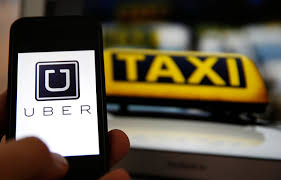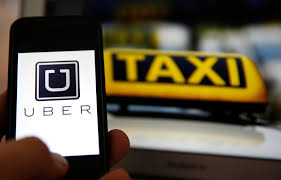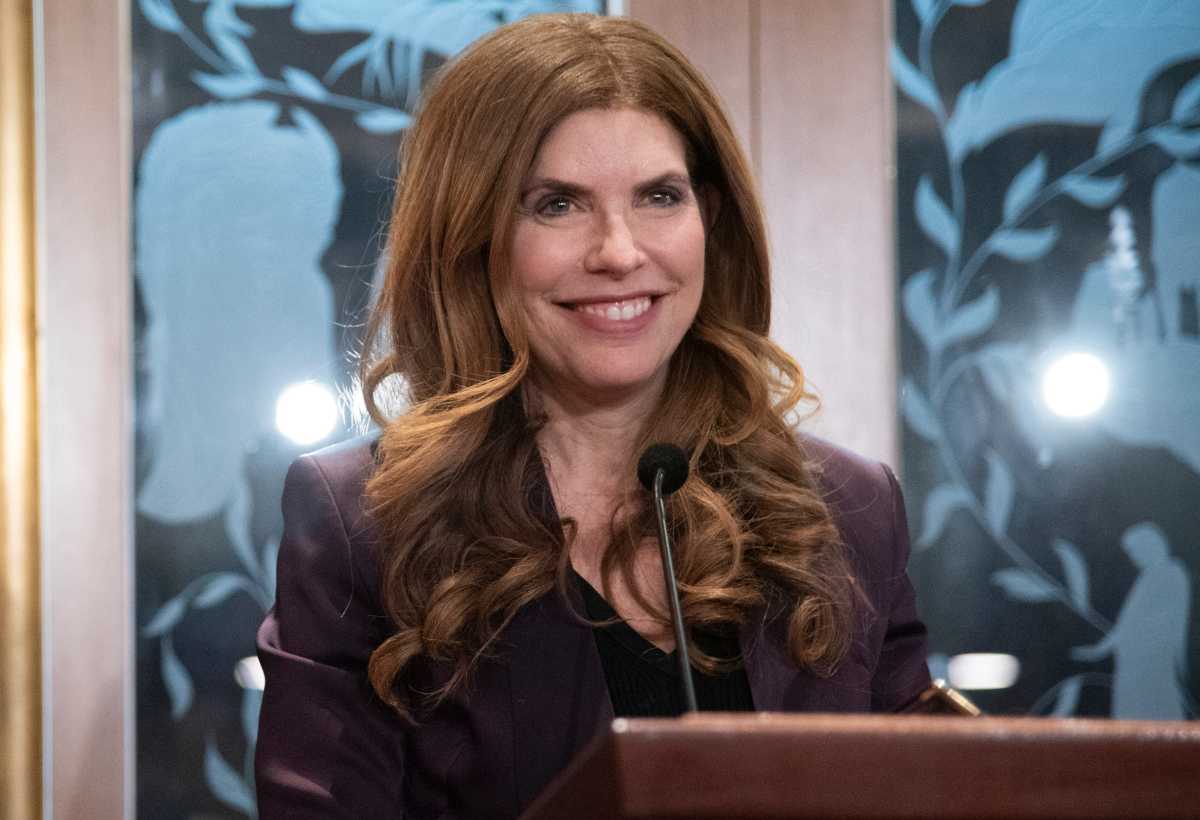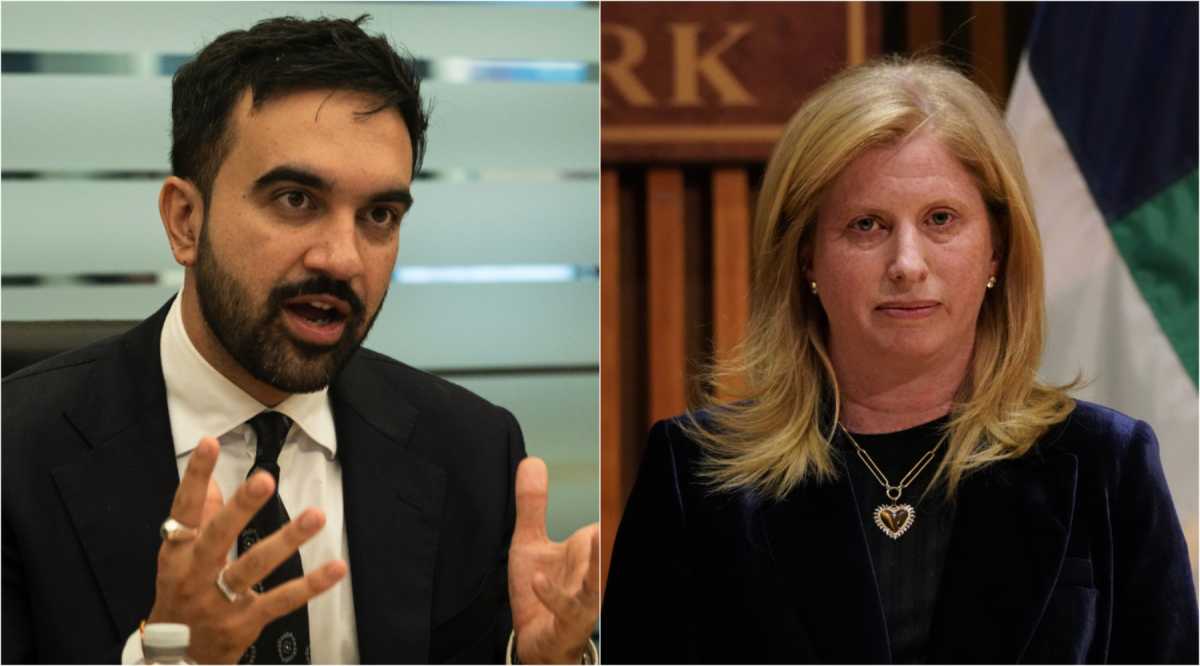 Two city council bills limiting the number of for-hire vehicles while the city conducts a study on their impact on traffic appears to be fast tracked for passage next month with Mayor de Blasio‘s tacit approval, much to the dismay of app-based independent taxi services like Uber.
Two city council bills limiting the number of for-hire vehicles while the city conducts a study on their impact on traffic appears to be fast tracked for passage next month with Mayor de Blasio‘s tacit approval, much to the dismay of app-based independent taxi services like Uber.
The first bill that Manhattan Councilman and Council Transportation Committee Chair Ydanis Rodriguez introduced calls for the Taxi and Limousine Commission (TLC) to spearhead a multi-agency study to determine the impact that for hire and black car industries have on traffic, air quality, noise, and public health. Results of the study are due back to the council by August 31, 2016.
The second measure that Northern Brooklyn City Councilman Stephen Levin introduced will temporarily limit new vehicle licenses to a rate of growth within historic norms to allow for the study described above to provide data still relevant to the Council in 2016. According to the legislation bases can add new licenses at a rate based on their size as of June 15th, 2015:
Under Levin’s bill, bases with larger than 500 vehicles can increase by a maximum of only 1 percent of cars previously affiliated while the study is being conducted. Uber, which recently announced plans to increase their independent fleet to 10,000 new drivers, is the only base that currently has over 500 cars.
“Three months ago, the taxi industry put forward a proposal to protect the status quo, and limit competition and innovation. Today, the de Blasio administration and City Council members revived a nearly identical proposal,” said Uber spokesman Matt Wing, yesterday. “Unfortunately, this would reverse improvements made by Uber and others to our transportation system and most notably, stand between New Yorkers looking for work and their opportunity to make a better living.”

But Levin said the for-hire sector has experienced explosive growth over the past few years, putting many more vehicles on the road and raising questions about potential negative impacts.
“This package will temporarily limit new licenses to allow the city to conduct an accurate analysis and ensure that we can approach the challenge of curbing potential negative impacts in the most informed and responsible way,” said Levin.
Both measures will be heard before the Council’s Transportation Committee, Tuesday, less than a week after being introduced. While the full council will meet just hours after the committee meets, officials said it is unlikely to come up for a vote as the City Council is due to pass the FY 2016 budget.
However, could likely be up for a vote at the council’s next regular meeting on July 23.








